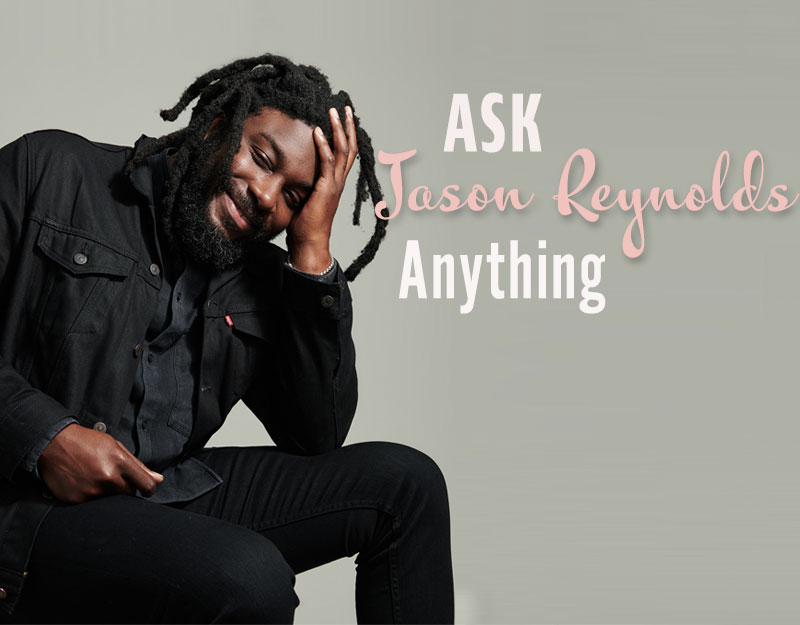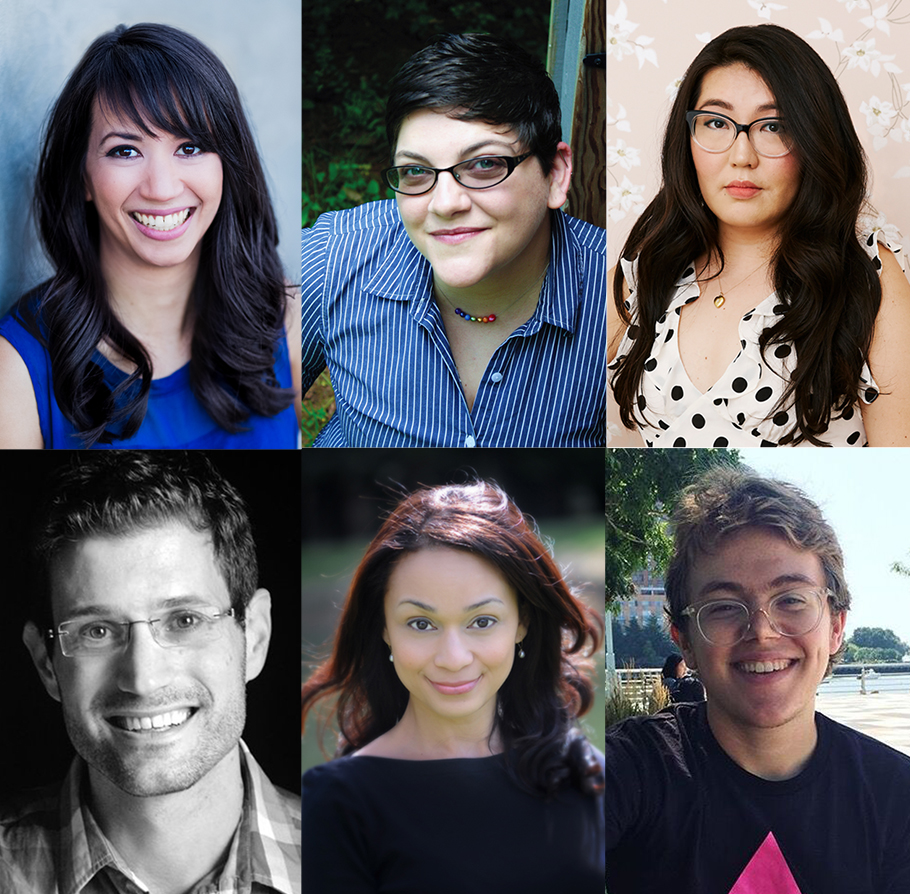How does your garden grow?
I’ve been following the weeding debacle* at the Urbana [Illinois] Free Library and feel fairly invested for some reason. I have loads of thoughts about all of this – about the management angle, the focus of the strategic plan, and the weeding itself. I hope a lot of people in the library community are paying attention as it unfolds, because we can all learn a lot about a whole slew of topics from this incident and how it is being handled. UFL may not be our library, but I’m seeing this push for rapid, dramatic change in lots of places, and we need to be aware that there are good and not so good ways to make changes in the Library for our communities.
I’ll begin by saying that this situation is still unfolding and that the media reports I’ve read include some inconsistencies. I wasn’t there; I didn’t speak directly to anyone involved; I don’t know firsthand what happened.
ADVERTISEMENT
ADVERTISEMENT
I’m going to address the stewardship issue, as in the disrespect this type of weeding shows the community in the display of apparent disregard for the collection. If those items really did need to be withdrawn, and I wouldn’t be surprised if a lot of them really did need to be withdrawn, it should’ve been happening continually. It’s poor stewardship to keep books around that aren’t being used, that are outdated, and that are damaged. It’s unnecessarily startling to patrons to see shelves suddenly emptied, even if they’re emptied of bad books.
It’s also poor stewardship to move so quickly with a weeding project that you’re unable to do a real assessment. Is there a newer edition that should be added? Is it still circulating and in need of replacement or repair? Is the item still being used only because it’s the only book on the topic and we need to find something more current? Is it not circulating because it’s a sequel to a book we don’t own? Is it full of information that is duplicated in one of our databases? Is it just a bad smelly book that really does need to get pitched?
When it comes right down to it, our collections are not “ours” but our communities’. We owe it to our communities to maintain their collection, continually, so that it’s easy for the community to use it and find what is needed when it is needed. Calling it weeding is very apt. Just like a garden can’t thrive if it’s overgrown with weeds and plants that distract and pull nutrients from the veggies and flowers, nor can a library collection thrive when overrun with outdated, damaged, unused books. Just like a garden, where a beautiful new ornamental in full bloom is going to look mighty lonesome without some stalwart favorites to balance the landscape, a library collection makes more sense when the new and properly maintained old are there to support one another. I can think of a lot of nonfiction books that are older than 10 years that fit just fine in a collection like the one at Urbana Free. It’s a deep collection. The community is full of academics and folks who aren’t just interested in the newest popular material. I can also think of a good number of nonfiction books that are just timeless, and though they need to be well maintained, should always be a part of a public library’s collection. At the same time, there shouldn’t be old, outdated books in places like the computer or health sections, and if a book really is still popular after ten plus years, it may be time to replace it with a shiny new copy.
All this to say, I don’t fear weeding. I fear bad weeding, thoughtless weeding, wasteful weeding, and weeding that prioritizes novelty and fads over respect for our users and their financial and personal investments in the library. It is not our collection. It belongs to the community. We have been given the opportunity and privilege of maintaining it for them.
There is value in this. This builds community, albeit in a different way than large plush conversation furniture and coffee bars do. There is value in that as well, but one thing that makes the library different is that while you’re away from it, a piece of you remains to be discovered by someone else.
Filed under: Collection Development, Dirty Little Library Secrets, stewardship, Urbana Free Library, Weeding
About Karen Jensen, MLS
Karen Jensen has been a Teen Services Librarian for almost 30 years. She created TLT in 2011 and is the co-editor of The Whole Library Handbook: Teen Services with Heather Booth (ALA Editions, 2014).
ADVERTISEMENT
ADVERTISEMENT
SLJ Blog Network
2024 Books from Pura Belpré Winners
In Memorium: The Great Étienne Delessert Passes Away
Winnie-The-Pooh | Review
Parsing Religion in Public Schools
ADVERTISEMENT









